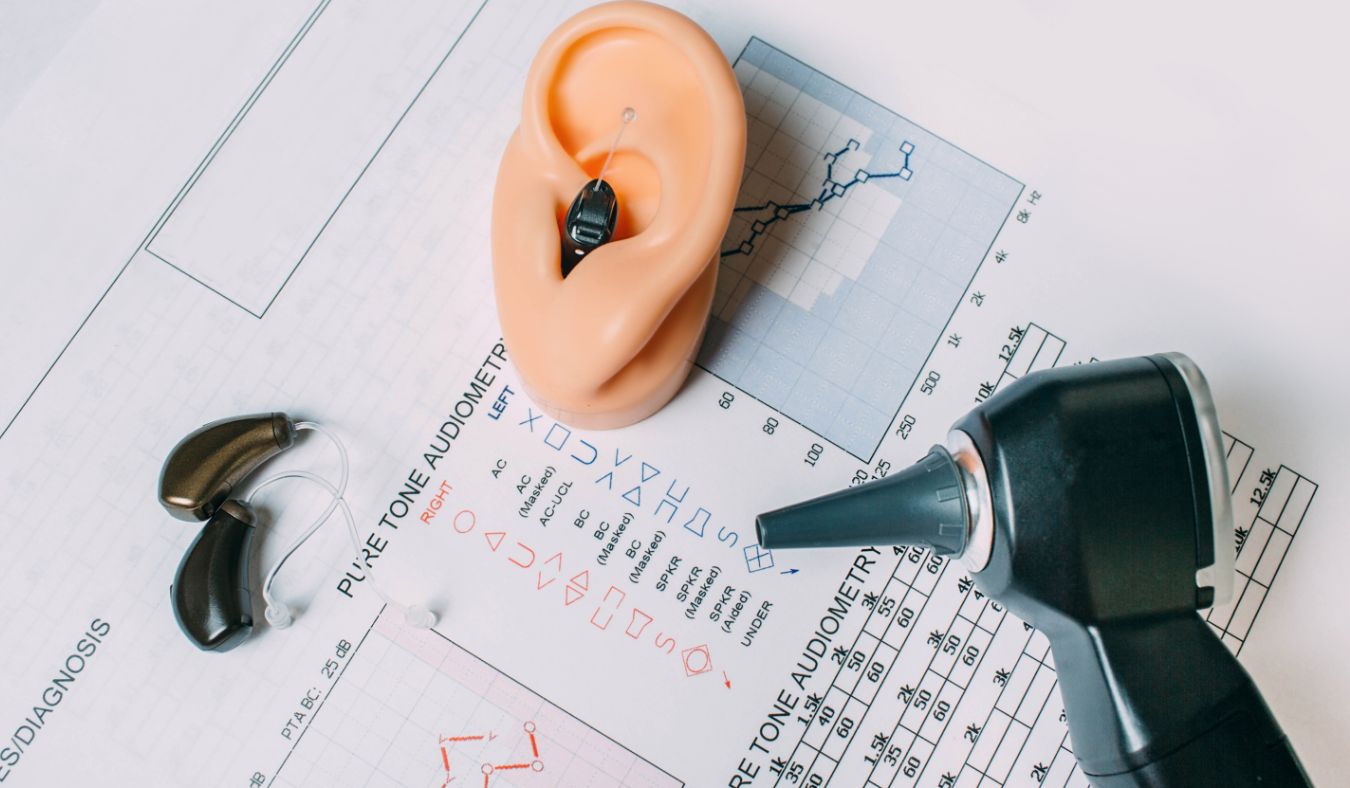Hear Better, Live Better: Understanding Hearing Loss and How to Take Control
Understanding Hearing Loss: What You Need to Know and How We Can Help


Understanding Hearing Loss: What You Need to Know and How We Can Help

Living with tinnitus can be overwhelming. The constant ringing or buzzing

May marks an important observance in the world of audiology and speech